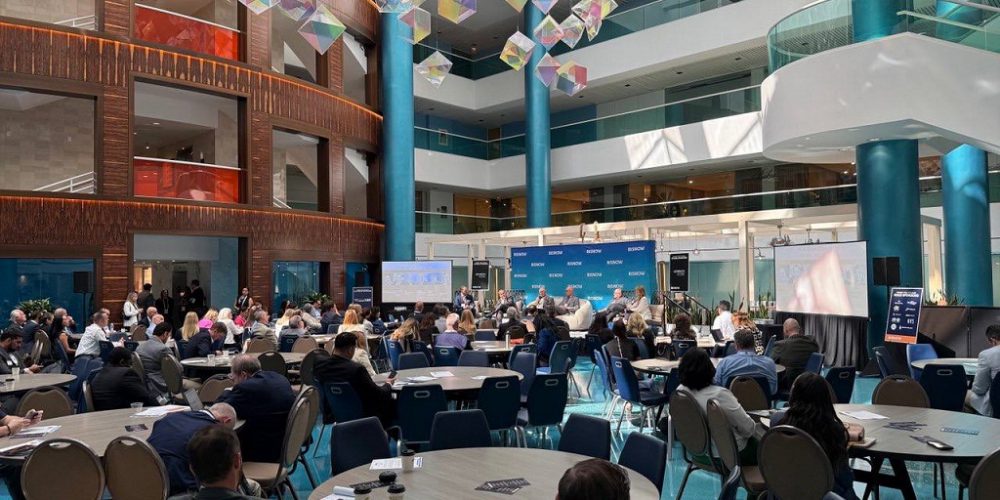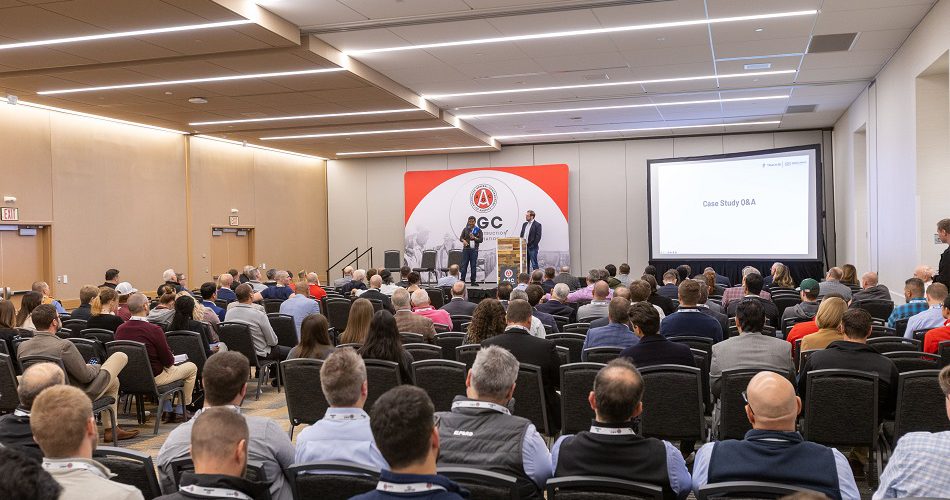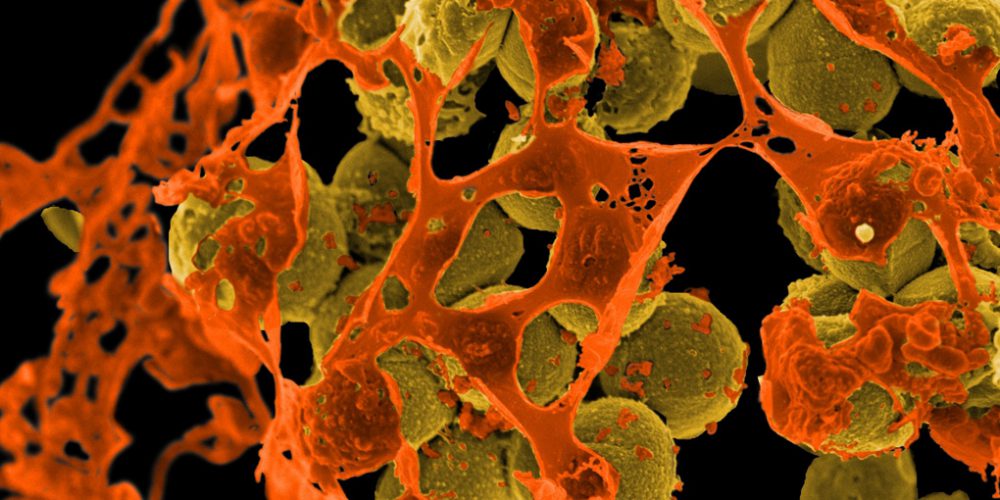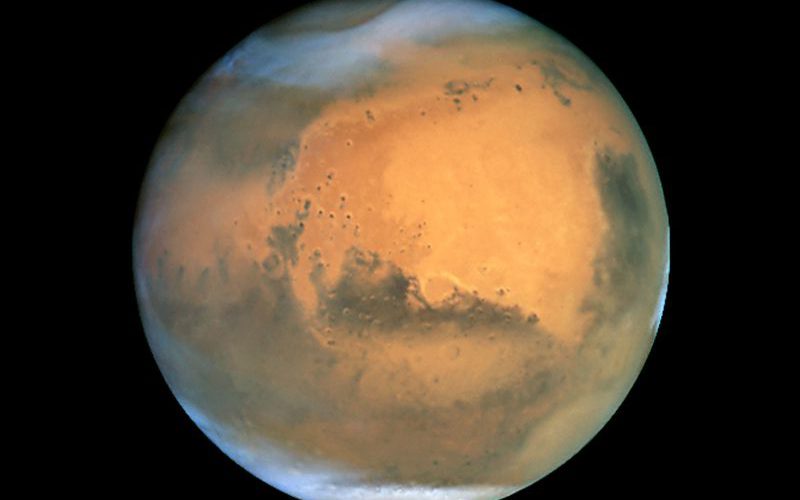The creators of the lithium-ion battery are awarded the Nobel Prize in Chemistry
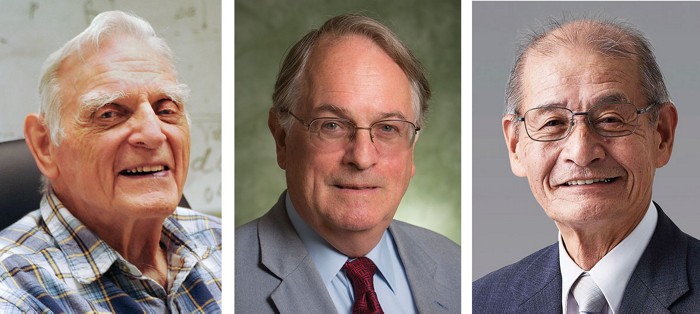
The lithium-ion battery is a technological breakthrough. Its creators were awarded the Nobel Prize in Chemistry on October 9.
“They created a rechargeable world,” according to a statement from the Royal Swedish Academy of Sciences, the presenter of the Nobel.
The prizes come with a $918,000 cash award, a gold medal and a diploma.
Since entering the market in 1991, lithium-ion batteries have “laid the foundation of a wireless, fossil-fuel-free society, and are of the greatest benefit to humankind,” the Nobel committee said in a statement.

When were lithium-ion batteries created?
Stanley Whittingham, a distinguished professor of chemistry at Binghamton University, created the foundation of the lithium-ion battery in the 1970s during the oil crisis. Although that battery could hold up to 2 volts of energy (most modern batteries are 1.5 volts), it was too explosive to be viable, the Nobel committee said.
In 1980, John B. Goodenough of the University of Texas-Austin, created a component better at handling lithium ions, or charged lithium atoms that have lost one of their three electrons. This led to more powerful batteries.
Five years later, Akira Yoshino of Asahi Kasei Corp. and Meijo University in Japan, created the first commercially viable lithium-ion battery.
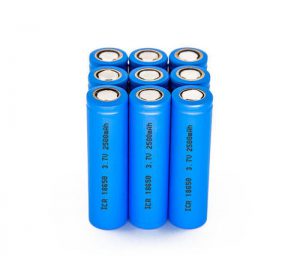
How do they work?
According to the Department of Energy, a lithium-ion battery has an anode and a cathode, or electric conductors we know as the “-” and “+” ends of a battery, that store lithium; an electrolyte and a separator that help in the distribution of lithium ions through the battery; and collectors for positive and negative electrical currents.
When a lithium-ion battery discharges, a flow of ions is created from the anode to the cathode, generating power. When you charge the battery, the flow reverses from the cathode to the anode.
A critical piece of modern technology
The development of the lithium-ion battery was revolutionary in the tech world, powering devices such as mobile phones and laptops.

The batteries last much longer because users can recharge them hundreds of times.
“The advantage of lithium-ion batteries is that they are not based upon chemical reactions that break down the electrodes, but upon lithium ions flowing back and forth between the anode and cathode,” the committee said.
The batteries have been used to store energy for solar and wind power, which the committee said is critical to moving away from fossil fuels.
One of the big issues with lithium-ion batteries is their tendency to overheat, said the Clean Energy Institute based at the University of Washington. “Because of the risks associated with these batteries, a number of shipping companies refuse to perform bulk shipments of batteries by plane,” the CEI said.
The batteries help power electric vehicles
Lithium-ion batteries have become crucial to the deployment of electric vehicles, ranging from the Tesla Model 3 to the Chevrolet Bolt to the Nissan Leaf.
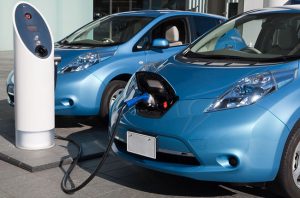
Unlike hybrid cars, which typically use nickel-metal hydride batteries, electric cars use higher-performance lithium-ion batteries. Their high power-to-weight ratio, energy efficiency and temperature control are particularly useful for transportation purposes, according to the Department of Energy.
Although prices have come down significantly, electric vehicles remain more expensive than gasoline-powered cars because of the costs associated with lithium-ion batteries. International Trade Commission analysts projected that electric car costs would fall to the same level as conventional vehicles by 2025 or 2030, according to a report published in December.
In the long term, electric vehicles could graduate to other power storage technologies, such as solid-state batteries or lithium-air batteries, experts said.










